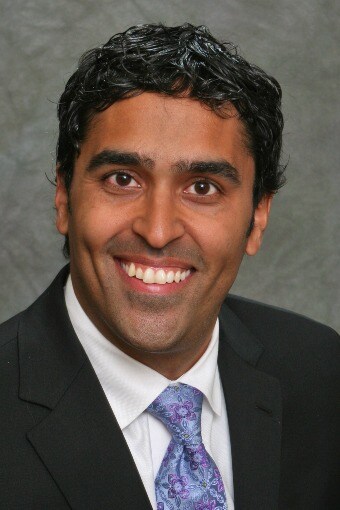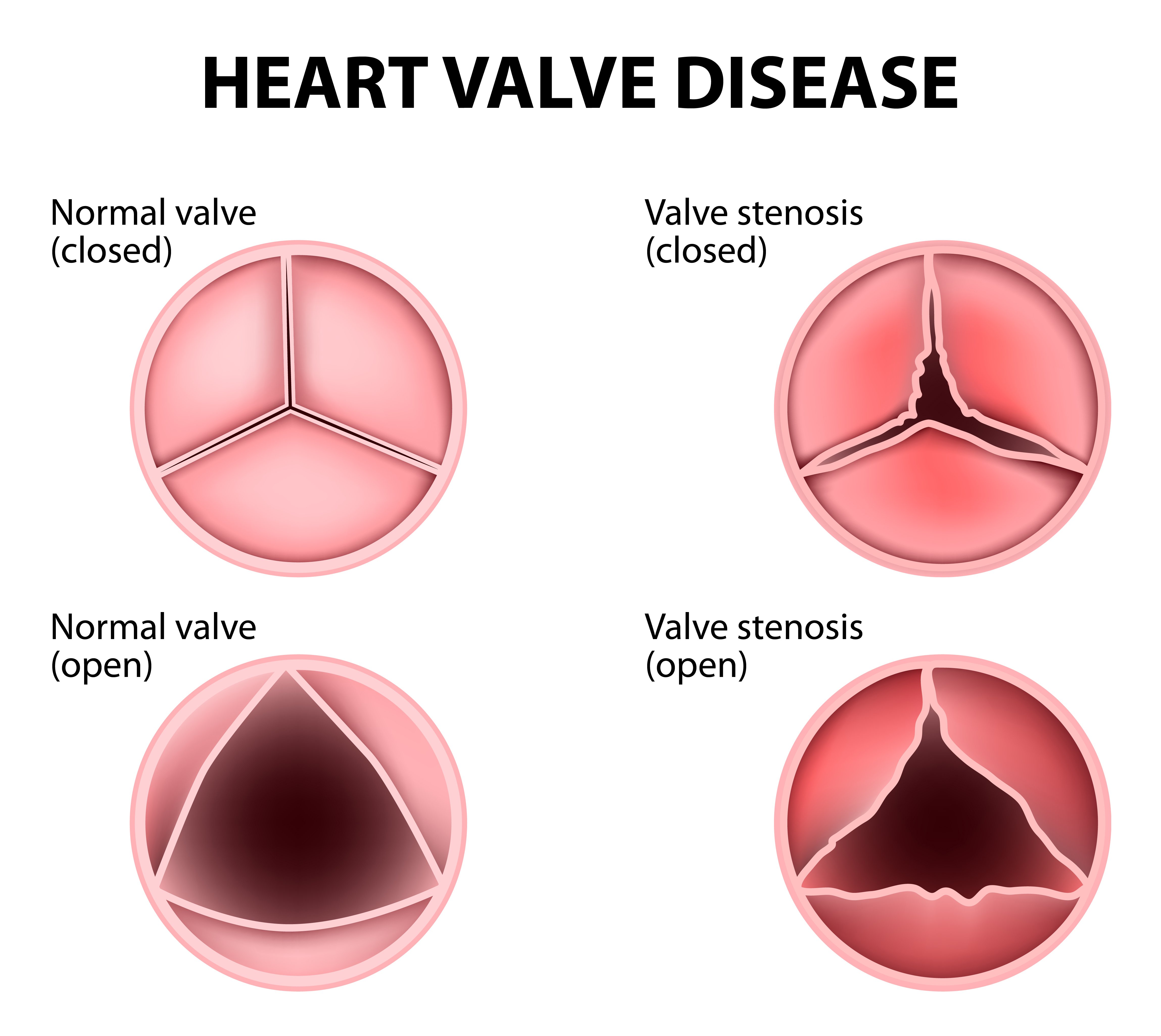Less-invasive TAVR Procedure ‘Rocks’ Aortic Valve Surgeries
Rolling Stones’ frontman Mick Jagger put a tour on hold two years ago to undergo transcatheter aortic valve replacement – or TAVR as its commonly referred to – shining the spotlight on this minimally invasive procedure used to replace a diseased aortic valve. And the aging rocker’s not alone.
After age 60 or so, there’s a good chance everyone will have some abnormality in heart valve function, said Dr. Ravi Ramana, interventional cardiologist on staff  at Silver Cross Hospital and medical director of the hospital’s structural heart program, “it’s just a question of how much.”
at Silver Cross Hospital and medical director of the hospital’s structural heart program, “it’s just a question of how much.”
Too much, he said, and the heart will have to work a lot harder, meaning a person can often be out of breath, have chest pains, become easily weak, and prone to fainting episodes.
Treated with only medication or left entirely untreated, about half of those diagnosed with severe narrowing of one of the main heart valves (severe aortic stenosis) could die within two years.
That’s why it’s important to pay attention to symptoms, and for family and friends to pay attention as well, Dr. Ramana explained. Although one of the most common types of valve disease, aortic stenosis may not cause any symptoms until there is severe narrowing.
So if you or your family members notice a decline in routine physical activities or significant fatigue, it’s worth a visit to your health care provider to check for reduced heart function. The American Heart Association’s aortic stenosis symptom tracker, located on their website at heart.org, can help you record your symptoms and frequency, and share it with your doctor at your next appointment.
Because replacing or repairing the heart valve has previously been major open-heart surgery, cardiologists and surgeons often will closely monitor a patient until the blockage becomes severe and/or the patient develops symptoms.
The patient then would be a candidate for aortic valve replacement, Dr. Ramana explains. During that surgery, the open-heart team will stop the heart, place the patient on the heart-lung machine, remove the diseased valve and replace it with one made from cows’ or pigs’ heart tissues.
The prognosis often is very good, with the new valve lasting 10 to 15 years, and the patient resuming normal activities after building up their endurance.
TAVR at Silver Cross

Noted for his expertise in TAVR, Dr. Ramana has performed several hundred of these procedures in the past nine years at a suburban Chicago hospital and is excited about offering it to patients at Silver Cross.
“TAVR can be done by inserting a catheter about the size of a pen through an artery in the leg and up into the heart,” he said. “A new tissue heart valve is then implanted inside the narrowed valve, resulting in a normal functioning valve.
“This improves symptoms and takes the excess strain and stress off the heart muscle. TAVR avoids the need for opening the patient’s chest and putting them on a heart-lung machine. Research has consistently shown that TAVR can be very successful in the right patient. Often, TAVR shortens the time of surgery, days spent in the hospital, and the patient's subsequent recovery," Dr. Ramana said.
For more information about heart care at Silver Cross, visit www.silvercross.org/heart. To make an appointment with Dr. Ramana, call 708-478-4224.